
Vayechi: Where’s Your Head?
Everyone has their own approach to learning. Some prop their eyes open with toothpicks and study until the wee hours of the night...

Everyone has their own approach to learning. Some prop their eyes open with toothpicks and study until the wee hours of the night. Others trek across the world, getting their education in the libraries of Europe, the landscapes of the Mediterranean, or some shady nightclub in an unheard of third world republic. Still others contemplate life from their favorite easy chair, as they munch a bag of potato chips before dozing off in front of the tube. The Torah, however, has an entirely different approach.
In Parshat Vayechi, our ancestor, Yaakov, (Jacob) dies and is buried with his forefathers in the Tomb of the Patriarchs. The verse states, “His sons carried him to the land of Canaan and they buried him in the cave of the Machpelah field, the field that Avraham (Abraham) had bought as a burial estate” (Bereishit 50:13).
The Talmud (Sotah), relates the following amazing incident about Yaakov's burial:
As the brothers were about to bury their father Yaakov in the Tomb of the Patriarchs, Esav (Esau) appeared to contest his brother’s right to be buried in the holy cave of the forefathers, and he wasn't about to let go of that privilege without a fight. Anxious to preserve his father’s rights to the land, Yaakov’s son, Naftali, dashed back to Egypt to get the deed of sale. Yaakov’s deaf grandson, Chushim, was furious. He yelled, “Shall my grandfather lie there in disgrace until Naftali returns from Egypt!?” He took matters into his own hands, grabbed a sword and proceeded to behead Esav. Esav's head rolled into the tomb of the patriarchs and remained there.
Not Just an Intellectual Exercise
Rabbi Aharon Kotler explains this bloody and puzzling, while yet strangely provocative "extra" to the parshah. “Since Esau studied Torah under Avraham and Yitzchak (Isaac), he deserved some reward. But his study was just a mental exercise that never entered his bloodstream or his organs (in other words, it was never internalized). He never took the Torah that he had learned to heart, nor did he use it to guide his actions. For that reason, only his head could be buried in the cave, but not his limbs and other organs.”
Rabbi Shimshon Rafael Hirsch taught that for any scientific pursuit to be successful, it must adhere to the laws of nature. In the same way, Judaism is rooted in action. If one’s study of Torah remains purely intellectual, and is not translated from thought to deed, it is not really learning.
Over one hundred years ago, Rabbi Hirsch cited a phenomenon that has become extremely common. Many modern universities offer classes on Jewish studies. These courses avoid the spiritual or emotional development that is so fundamental to Judaism. The professors lecture from a purely intellectual viewpoint, making no effort to bring the concepts under discussion into actual practice. Having recently graduated university, I experienced this first hand. The “Jewish studies” classes that I took left me feeling more bored than inspired.
But from the above medrash, we see that true Torah learning is not an intellectual exercise. It must be internalized and transformed into action. Torah is as alive as we make it; it emanates from the heart, mouth, and actions of one who learns it properly.
This method contrasts sharply with the modern Western method approach to learning. The philosophers of Greece and their intellectual heirs of today attempt to amass the maximum amount of knowledge possible. They take pride in their breath of knowledge, the thickness of their books, and the number of complicated words they can fit into a sentence.
Although breadth of knowledge is important, Judaism views depth and substance as far superior. Anyone can read a book. The true scholar instills the concepts he's learned into his everyday life. He literally "lives" Torah.
To learn Torah, there's no need to prop one's eyes open with toothpicks and learn through the night. Torah is learned slowly, with patience, while trying our utmost to instill each sentence, word, and letter into our hearts. While reading about Shabbat may be interesting, experiencing Shabbat brings Torah to life and our lives to Torah. May we all learn to learn properly, with our hearts and limbs as well as with our intellects.


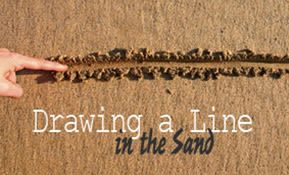
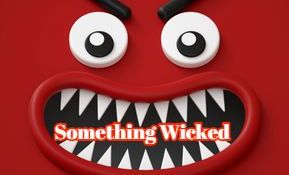


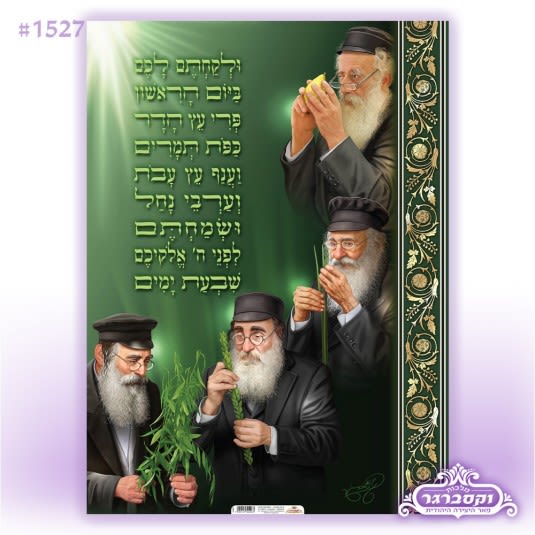
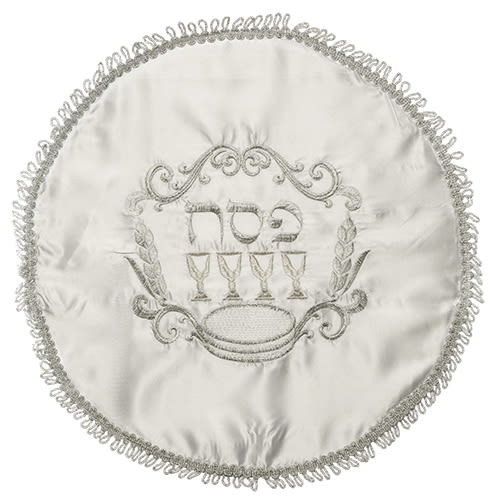
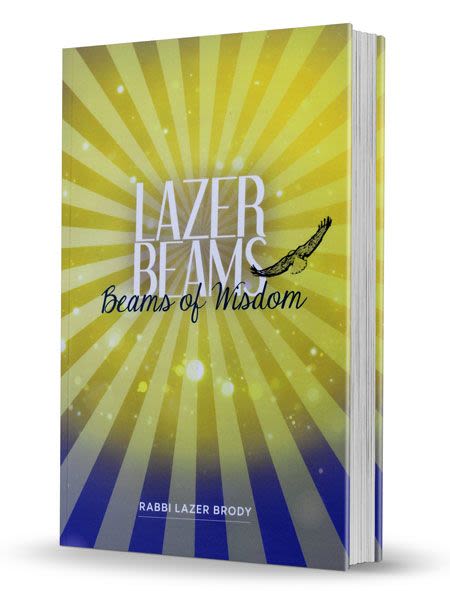

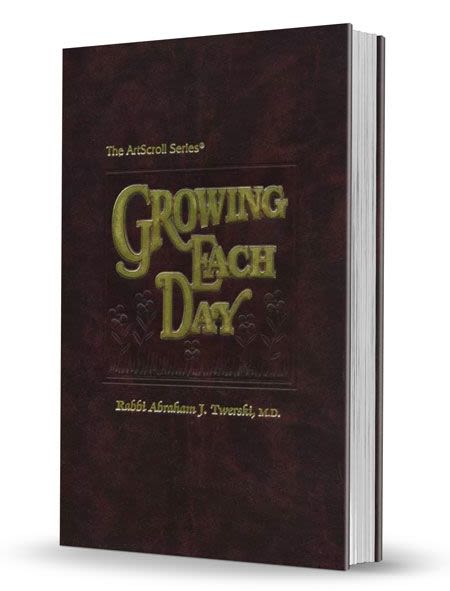
Tell us what you think!
Thank you for your comment!
It will be published after approval by the Editor.